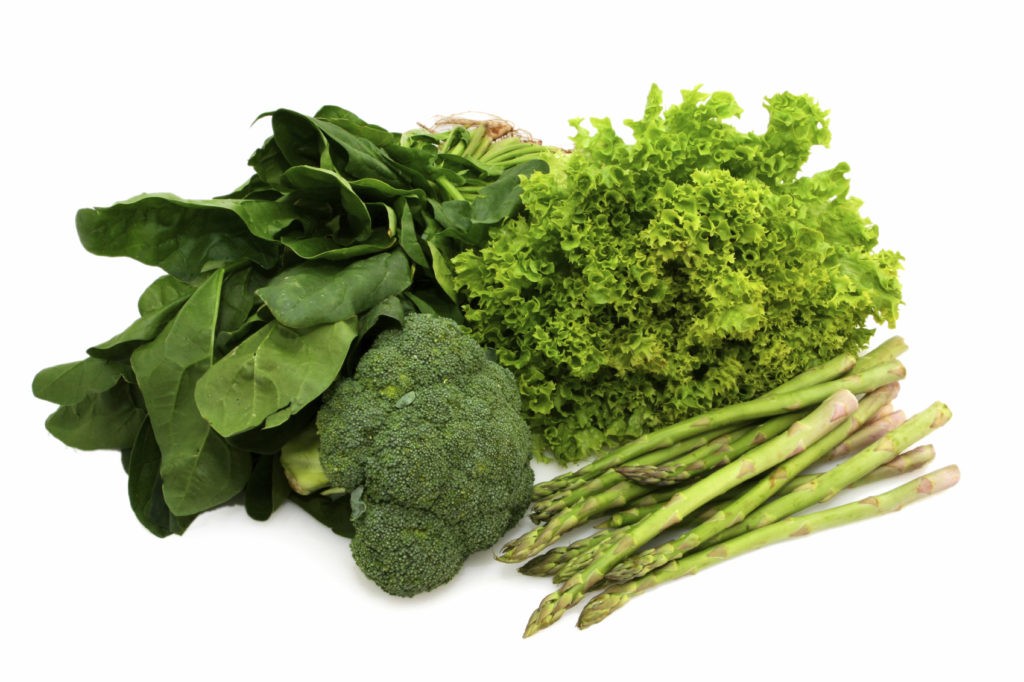Almost everything we “know” about nutrition is based on small, flawed studies. The conclusions (the foods to avoid) that can be drawn from them are limited but often oversold by researchers and the news media.
I am a long-term multiple myeloma (MM) survivor. I talk to lots of MM patients, survivors, and caregivers about their diet. If you’re wondering about a multiple myeloma diet in general or what foods to avoid once you’ve been diagnosed with MM, you won’t be able to refer to research, you’ll have to see what I do (as a long-term MM survivor) and why I do it.
The bottom line is that I believe strongly that what I eat as a multiple myeloma survivor, my diet, effects my remission from multiple myeloma, my side effects, my risk of secondary cancer, everything.

The writer of the article linked and excerpted below understands how I think. Aaron E. Carroll has it right as far as I’m concerned. The article encapsulates everything I have learned and everything I eat as a result.
In a nutshell, nutritional research is full of problems. None of us can make any real decisions about our nutrition based on any one study.
I now look at my diet from an overall health perspective. By this, I mean that my weight (BMI), muscle tone, joint pain (or lack thereof), bone health, blood pressure, etc. is my overall guide to what and how I eat.
I will be honest and tell you that anytime I deviate from my basic guidelines below, I feel it. If I eat too much at a meal, for example, I feel lousy. If I drink more than two cups of coffee in the morning I get jittery and my stomach feels acidy (technical term…). If I eat even a small amount of dairy (cheese or ice cream), I feel it.
As a result, I eat what I eat based partly on what I’ve read, what I believe and how I feel.
My basic rules. I don’t follow any one diet. I follow basic guidelines.
- Avoid processed sugar as much as possible (sugar, honey, artificial sweeteners, all of them).
- Avoid animal fat as much as possible (I didn’t say I eat none. I said “as little as possible”).
- I eat lots of fruits and veggies daily ( I consume lots of fructose. Not processed sugar). Please watch the TED Talk presentation by Dr. William Li–
- I don’t smoke. I drink a glass of wine or two a week. Translation- avoid tobacco, avoid alcohol.
- Exercise and diet are linked in my opinion. I moderately exercise six days weekly.
- Avoid dairy as much as possible. I do have milk on granola but I have pretty much cut out cheese, ice cream, etc.
- Myeloma is also about bone health. Bone health is supported by muscle. Dietary protein and exercise supports muscle. I supplement with protein powders as well as eating protein.
Have you been diagnosed with multiple myeloma? What stage? What symptoms? What therapy (ies) are you considering? Scroll down the page, post a question or comment and I will reply to you ASAP.
Hang in there,
David Emerson
- Cancer Survivor
- Cancer Coach
- Director PeopleBeatingCancer
Recommended Reading:
“The truth is that research like this is the norm, not the exception. I’ve written about nutrition quite often here at The Upshot — about weight loss, dietary guidelines, healthy food choices, the role of exercise in weight loss, the potential benefits of coffee — and a fair amount of the time, it’s to counter conventional wisdom, for example about milk, red meat or artificial sweeteners…
Just a short while ago, I argued that while more recent nutritional guidelines are, perhaps, more evidence-based, they may still be straying from what we can glean from studies. Readers often ask me how myths about nutrition get perpetuated and why it’s not possible to do conclusive studies to answer questions about the benefits and harms of what we eat and drink…
Almost everything we “know” is based on small, flawed studies. The conclusions that can be drawn from them are limited but often oversold by researchers and the news media. This is true not only of the newer work that we see but also the older research that forms the basis for much of what we already believe to be true…
Study after study has shown that people, even those trying to lose weight, cannot stick to diets for long periods of time. And that’s the research looking at highly motivated people who have taken it upon themselves to change what they eat…
It’s impossible to control people’s intake of sugar, for instance, when it’s added to so many foods today — including pasta sauce, crackers, and soy milk. You can try to get them to replace sugar packets with honey or high fructose corn syrup, but when sweeteners are in so much of what we eat, it’s nearly impossible to control intake as closely as we need, for as long as we’d like…”
“An international panel of experts convened by the World Health Organization concluded Monday that eating processed meat like hot dogs, ham and bacon raises the risk of colon cancer and that consuming other red meats “probably” raises the risk as well. But the increase in risk is so slight that experts said most people should not be overly worried about it…
While other substances in this group include alcohol, asbestos, and tobacco smoke, they do not all share the same level of hazard. The risk attributed to smoking, for example, is many orders of magnitude greater than the risk associated with eating red meat, said Dr. John Ioannidis, the chairman of disease prevention at Stanford University…
Smoking causes a roughly 20-fold increase in a person’s risk of developing lung and other types of cancer, and every year it results in about a million deaths worldwide…”




